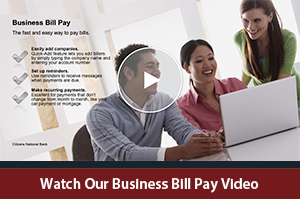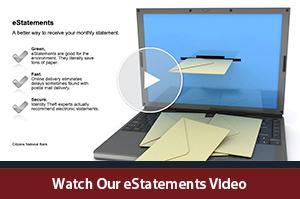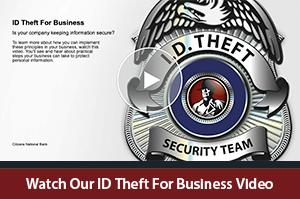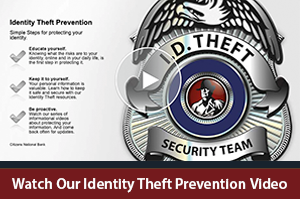CRA Files
About CRA
CRA stands for the Community Reinvestment Act. It's a United States federal law enacted in 1977 to encourage banks and other depository institutions to meet the needs of borrowers in all segments of their communities, including low and moderate income neighborhoods.
The CRA requires federally insured banks and thrifts to demonstrate that they are meeting the credit needs of the communities they serve, including low and moderate income neighborhoods, consistent with safe and sound banking practices. Banks are evaluated by federal regulatory agencies, such as the Federal Reserve, the Federal Deposit Insurance Corporation (FDIC), and the Office of the Comptroller of the Currency (OCC), on their performance under the CRA.
Compliance with the CRA can affect a bank's ability to open branches, merge with other banks, or engage in certain other banking activities. The law aims to prevent discriminatory lending practices and ensure that banks are serving the needs of all members of the community, regardless of income level or geographic location.

















